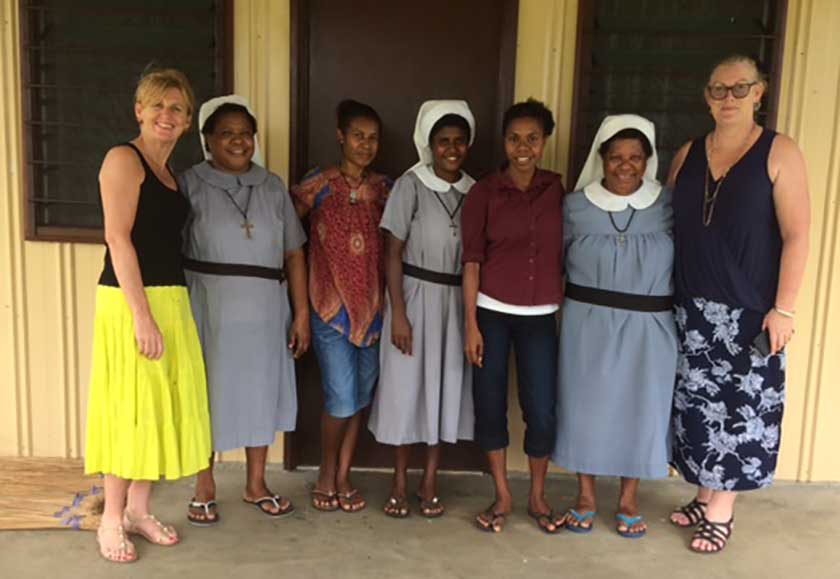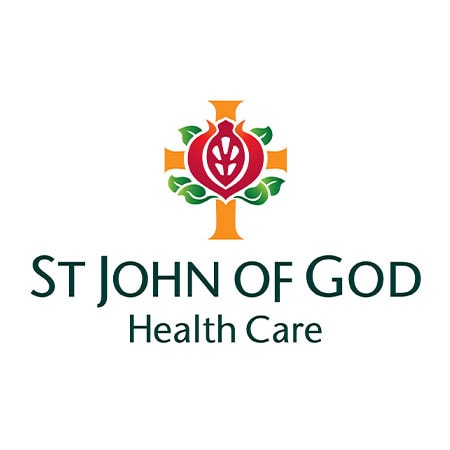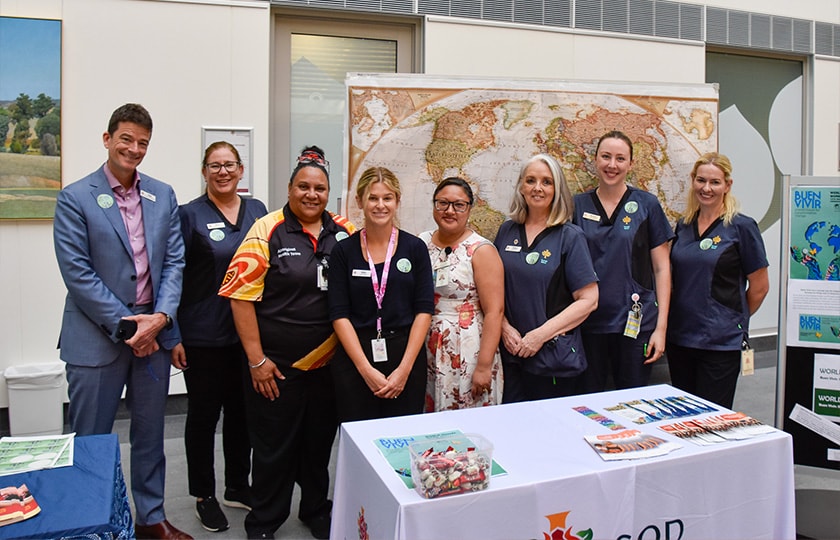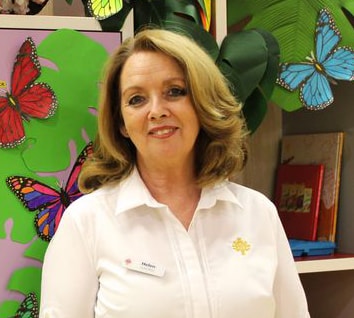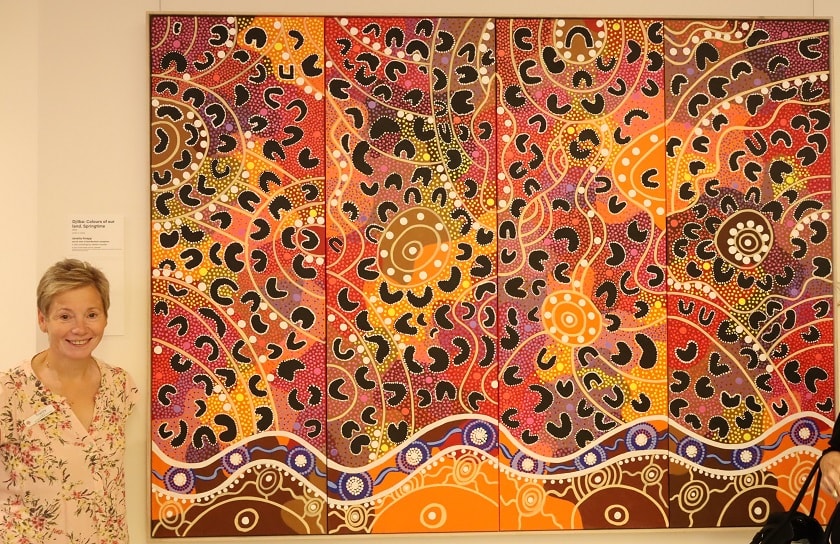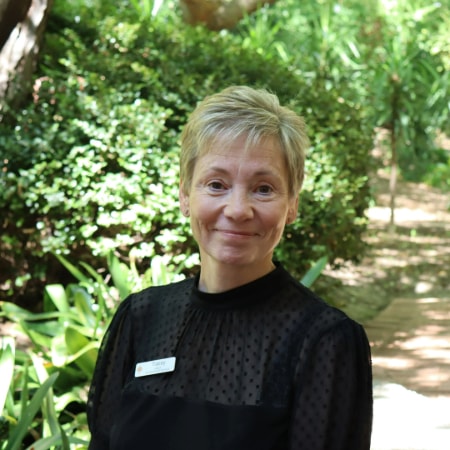As the Group Manager of Pastoral Services, I was given the opportunity to spend 11 days in Madang, Papua New Guinea (PNG) in mid-2017, made possible through the CHA Award, which provided $5000 towards professional development, and support from the Brothers of St John of God.
On arrival in Madang airport, I walked into another world alongside Jenny Tait-Robertson, the St John of God Social Outreach International Health Project Officer.
The slums, hustle and bustle of people on the roadside selling food, children who were painfully thin; all would greet us with a wave and a beaming smile. I was moved by a sense of community who welcomed us warmly.
Caring for people with mental health illness in PNG
PNG is a culturally, linguistically and geographically diverse country with the majority of the population living in rural areas. Mental health care is difficult in PNG largely due to geographical constraints and cultural beliefs regarding mental health and healing.
Traditional healers are often the first point of contact for people experiencing mental health concerns, with Western treatment often regarded as a cure for symptoms while traditional treatment is seen as a cure for the cause of the illness.
Madang has a population of around 30,000 people and currently there are two qualified psychiatric nurses providing services within Modilon General Hospital, Madang. There are no psychiatrists, psychologists or other mental health services available in Madang.
What is being done to improve care
St John of God Social Outreach is working towards improving mental health care in the region by supporting the Brothers of St John of God to establish a drop in centre, Haus Bung (meeting house), for people experiencing mental health issues.
Haus Bung is set to open on 31 October as the first of its kind in PNG.
It is based on the International Clubhouse model where a community of people who are working together to achieve a common goal - recovery from mental illness.
The model aims to assist adults with mental illness to develop the skills and confidence necessary to lead satisfying and productive lives in their community.
Getting involved
During our time in Madang, we delivered education to the Haus Bung community. Topics covered included; facilitating rituals, reflections, mental health clubhouse model, St John of God, introduction to human rights, person centered care, serving others, introduction to mental health, communication skills, and introduction to pastoral care.
The literacy of club members varied therefore creativity was essential in delivery, with group work well received as the locals “love to talk and share”. The challenge for us was the mix of broken English and Pidgin – a test to our active listening skills.
The majority who attended the education sessions would have travelled up two to four hours each day as the relished in the opportunity to have access to education. Morning tea consisted of biscuits and sandwiches for lunch, which for some would be the only meal for the day, and leftovers wrapped in paper to be taken home to feed “hungry families” in the village.
We also visited the refuge for women who have experienced domestic violence – the Centre for Hope, run by the St Therese Sisters, and provided education on how to facilitate pastoral support groups. Domestic violence is a big concern with at least 67 per cent of the population of PNG affected.
We also attended and supported the facilitation of alcoholic anonymous and addiction meeting, supported by the Brothers of St John of God.
Participating in a Catholic Mass in Pidgin was an experience. The service took one hour and 20 minutes and the congregation dress up in colourful clothing to and have the most magnificent singing voices. A true community of hospitality in the church, however we were sweltering in the humidity.
We also visited the local hospital, where I noticed plastic aprons and sheets hanging on the clothesline. These would be a disposable item in the western world but in this country, they are recycled. On visiting the maternity ward, we had the joy of seeing and cuddling five sets of twins.
On leaving
As I boarded the plane in Madang to fly back to Australia, I was filled with gratitude for the small contribution that I have made to the lives I touched, and who touched me during my short visit. The humanity and love from such wonderful people was truly a very enriching experience for me personally.
Although I virtually arrived a caring stranger, I left a as a friend welcomed into a community of loving kindness, compassionate presence. The human connection between these people, their kindness, compassion and appreciation for any support that we could provide to them.

